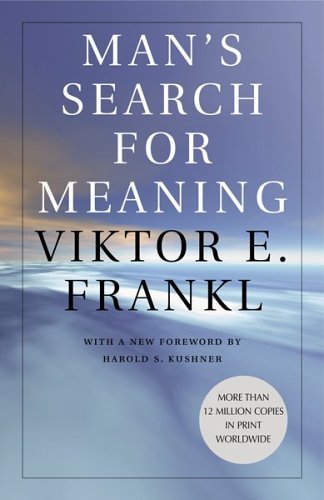

Over at The Daily Beast, Taylor Antrim is complaining about memoirs, in particular Alex Lemon’s Happy and Nick Flynn’s The Ticking is the Bomb. Over at The Rumpus, Stephen Elliott has responded with a defense of the memoir. Which you should go check out. Meanwhile, I’m going to harp on a point that neither Antrim nor Elliott raised (though Elliott came awfully close).
Antrim’s essay is mostly a re-tread of fairly (or extensively) well-mapped territory, but his charmingly wrong-headed thesis actually succeeds in opening up an interesting discussion, albeit one he doesn’t ever get around to having. It’s right there in his piece’s headline- “Why Some Memoirs Are Better As Fiction.” First of all, what he means to say is that “some memoirs would be better as fiction,” but stick a pin in that and let’s move on.
Antrim unaccountably assumes that the writer sat down and chose between these and only these two mediums: the novel and the memoir. If you don’t accept this conceit, then his entire piece makes no sense. I would, therefore, like to point out to Antrim, that both Alex Lemon and Nick Flynn (despite the latter’s previous success as a memoirist) are poets by trade, and that their decision to write memoir has less to do with any kind of turning-away from fiction (which was probably never of significant interest to them anyway) than it does with the general sustained interest in personal nonfiction narratives across the board, and the kinds of opportunities that shift might afford to an early- or mid-career writer with a decent reputation and public profile, but a primary vocation that nobody is willing to pay them to practice (though they may yet be paid handsomely to teach other people to practice it, but let’s stick a pin in that, too).
Flynn and Lemon are only two of the latest in a burgeoning tradition of prose memoirs penned by poets, one which in recent years has included Maggie Nelson’s Jane, Sarah Manguso’s Two Kinds of Decay, and Katy Lederer’s Poker Face: A Girlhood Among Gamblers, and so on. Flynn’s own massively successful first memoir, Another Bullshit Night in Suck City, might have been the catalyst for this current wave. (Not to suggest that the poet-memoir is a new phenomenon, only that this is its newest iteration.) Many poets already write what can fairly be called autobiographical poetry, and so it only makes sense that, with Flynn’s first prose book as the example, other people got the idea that they could funnel that same poetry-energy into a medium that would command more rather than less critical attention and financial reward. This is not to say whether any of the particular books I’ve named are good (or bad–I’ve not read them), or what this trends means with concern to poetry and/or literature in general, but it seems to me that for the first time in at least a generation, contemporary poets are surveying a field that is expanding rather than contracting. Bully for them.
And just to end where we started–with Antrim–a large part of his complaint is that the memoirs in question may be meditative or ruminative, and densely packed with arresting prose and striking images, but they are light on plot, story, or narrative arc. Which is why he thinks he is describing failed novels. He seems to not realize that he may actually be describing successful poems.






 Dennis Cooper’s blog today: “
Dennis Cooper’s blog today: “

